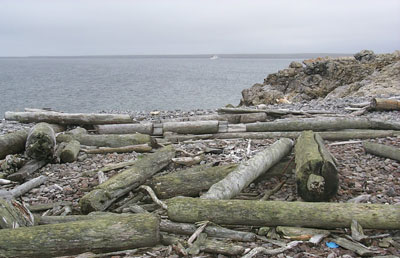|
Having finalised
the module on public participation, the following conclusions can be drawn:
- Public participation is essential for sustainable coastal zone development;
- For the success of any coastal zone management initiative, project
or programme, public involvement is crucial. Public involvement implies
representation, and as large as possible number of stakeholders;
- Public participation stimulates support for political decision making.
It is an effective and efficient tool to create awareness among the
public;
- There are different levels of public participation ranging from symbolic
participation to a well functioning civil society. The different approaches
can be used in different stages of the decision making process. It is
important to reach public involvement in every stage of the project,
and not to be content with symbolic participation. And it is very important
to avoid "Therapy" and Manipulation;
- It is important to enhance coordination, control and public representation
to avoid disagreements, loss of time and money;
- Different strategies and techniques can be followed in order to involve
the public. Choices have to be made depending on the actual situation
in a country;
- Public participation is closely linked to EIA's that prescribe involvement
of the public at a certain stage in the EIA procedures;
- On Public Participation, there can appear several causes of conflicts
like:
a) Cognitive conflict, when people have several viewpoints or options;
b) Conflict of Values;
c) Conflict of interests;
d) Conflict of relationship.
- International Conventions offer a framework to develop national and
regional legislation on public participation;
- Different case studies show the variability in the application of
public participation for different countries.
In general, "public participation" could be viewed as an evolving process. This process starts from passive provision of information, followed by exchange of information upon request; raising of public awareness through media and meetings; education on conservation issues gradually developing into education about root problems and sustainability; access to justice and credit by individual citizens, civil groups and NGOs for environmental purposes and institutionalised full partnership with governments and other socio-economic partners in a new era of shared responsibility and "governance" (MIO-ESCEDE, 2002).
|

|